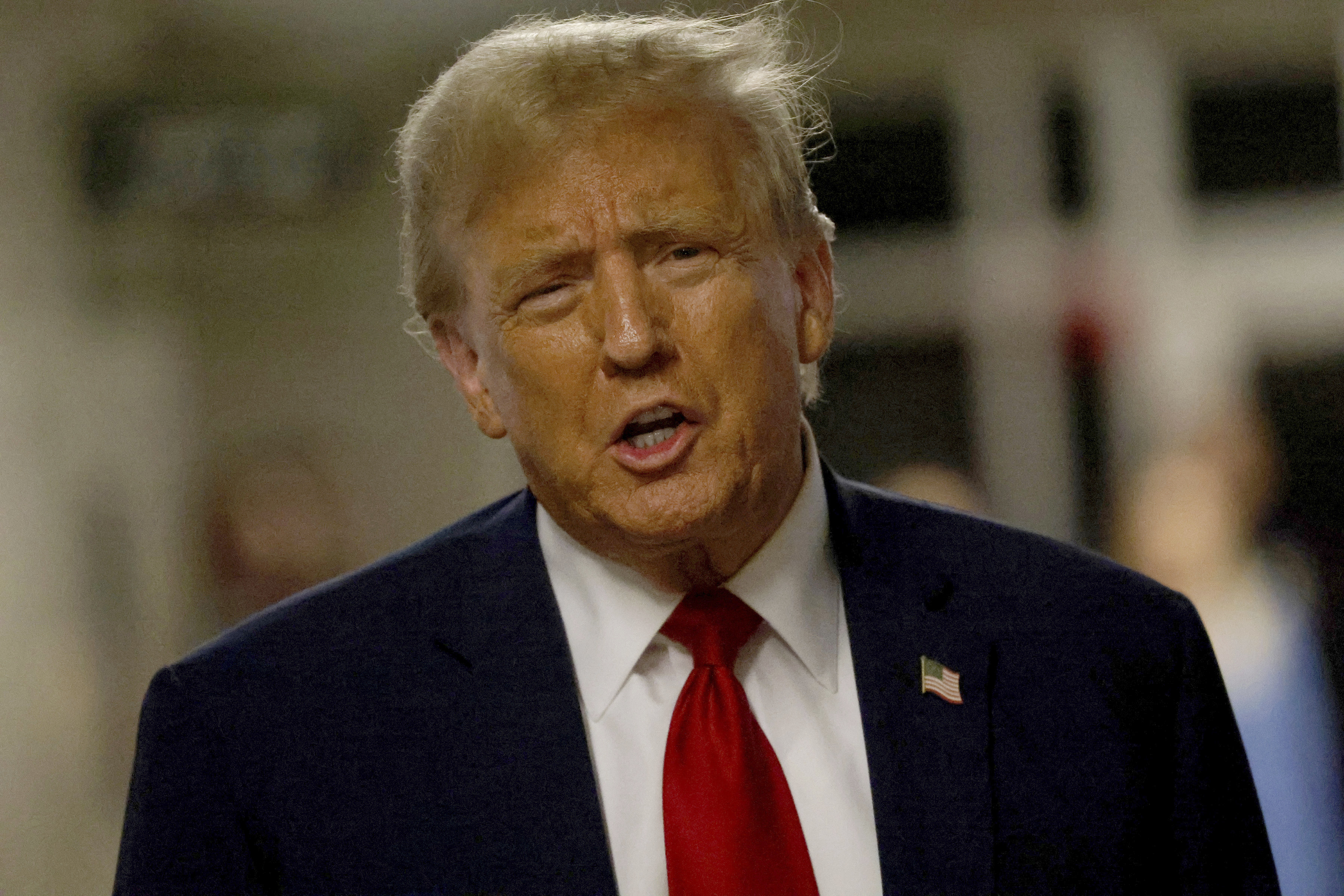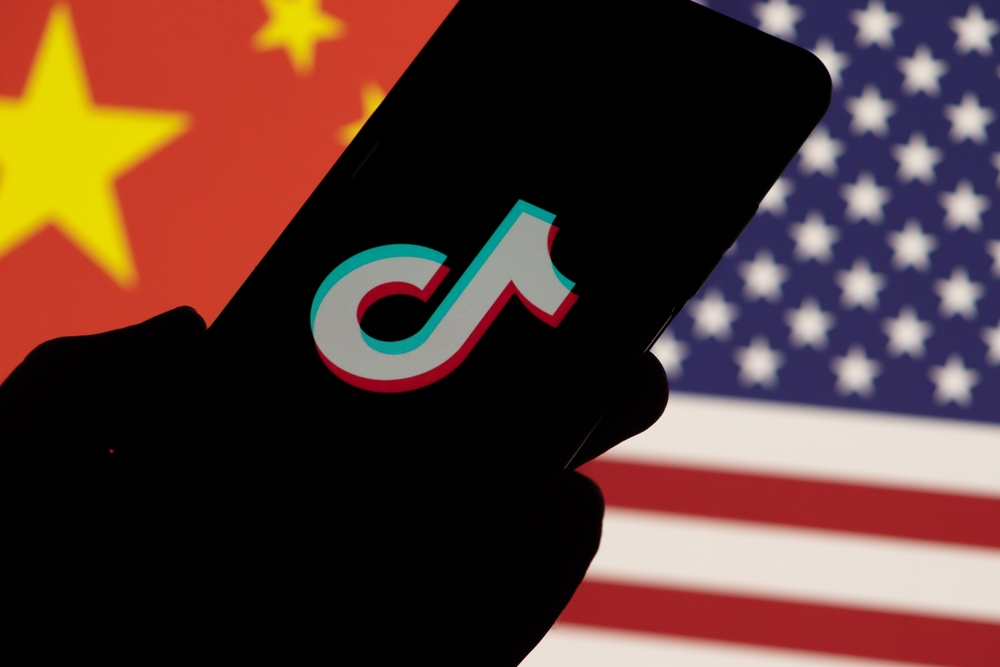The two parks Barack Obama considered for his presidential library are only a mile apart in Chicago's South Side. But the decision to build the museum in the lakefront park rather than in a nearby impoverished neighborhood has left some residents worried it was a missed opportunity.
The Obama Foundation will hold a ceremony Wednesday to unveil details of the president's choice of Jackson Park instead of Washington Park.
For the city's residents, there are key differences between the two historic parks, which are both near the University of Chicago. Here is a look at each site, and the pros and cons involved in the decision:
PARK WITH A VIEW
Jackson Park is along Chicago's picturesque Lake Michigan shoreline and is rich in history. It was home to the 1893 World's Columbian Exposition, and the tranquil lagoons and other features designed by famed landscape architect Frederick Law Olmsted for the event remain. The park also is home to the fair's former Palace of Fine Arts Building, which now houses the Museum of Science and Industry.
The Obama Foundation seemed to conclude that more visitors would be drawn to Jackson Park. The organization said building the library there would have "the greatest long-term impact on the combined communities."
"With its aesthetics, iconic location, historical relevance from the World's Fair, we believe Jackson Park will attract visitors on a national and global level that will bring significant long-term benefits to the South Side," foundation Chairman Marty Nesbitt said in announcing the choice Friday.
The park abuts the Woodlawn neighborhood, an area of need but one where decades of revitalization efforts have already left a mark.
U.S. & World
NO OLYMPICS, NO LIBRARY
A mile to the west is Washington Park, also designed by Olmsted, who originally conceived of the two expanses as one park. They are connected by a strip of green known as the Midway Plaisance.
Washington Park would have been at the center of the world this week if Chicago's bid to host the 2016 Summer Olympics had succeeded. The loss of the presidential center and library is another blow to the neighborhood's quest for a revival.
Now, the only major development prospects seem to come from the nearby University of Chicago, where Obama once taught constitutional law. The university has bought up land and opened an arts incubator, restaurant and bookstore with artist Theaster Gates. But a lot of ground remains vacant and there are few jobs, grocery stores, shops and quality housing.
The surrounding neighborhood is associated with poverty, population decline and empty lots. It's also closer to the belt of neighborhoods that are home to most of Chicago's gang violence.
But Washington Park, too, is steeped in historical significance. It hosts the DuSable Museum of African American History. The surrounding community became home to many blacks who moved to Chicago during the Great Migration, when waves of black Southerners moved north in the early and mid-20th century to escape from segregation and racism.
ROOM TO GROW
Obama, who started out as a community organizer on Chicago's far South Side, said in a written statement Friday that the library will spur development. Obama said he and first lady Michelle Obama "can't wait to forge new ways to give back to the people of Chicago who have given us so much."
But some urban policy planners feel those ambitions would have had more room to grow in Washington Park, where the prevalence of vacant lots offer ready-made space for spinoff development ranging from souvenir stands to restaurants to hotels.
"I'm just so unhappy," said Jacky Grimshaw, vice president for policy at the Center for Neighborhood Technology, an urban development and economic advocacy organization.
Grimshaw, a longtime resident of the area who grew up playing in Washington Park, said building the library there could have reversed population decline and created more economic opportunity.
"Here is a grand opportunity that is being missed," she said.
THE GENTRIFICATION EFFECT
Some Washington Park community leaders are quietly pleased the library will be close but not too close.
The area was once home to one of the highest concentrations of public housing in the country before those high-rise projects were torn down about a decade ago. Their residents were able to remain in the neighborhood thanks to federal housing benefits for low-income people.
Activists were concerned the library might have driven a rapid gentrification that would have raised housing costs and forced longtime residents out.



